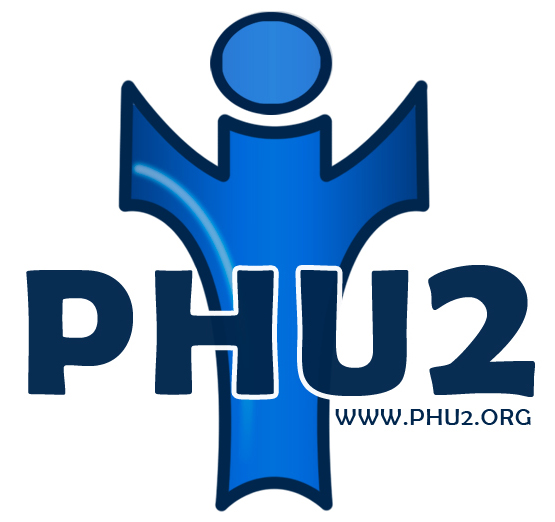
ENVIORNMENTAL HEALTH
06/26/2023GERMS IN SPLASH PADS
Splash pads (interactive fountains), are not always regulated, or consistently required to disinfect the water with germ-killing chemicals. Splash pads can spread germs and make those who use them sick if the water is not sufficently disinfected.
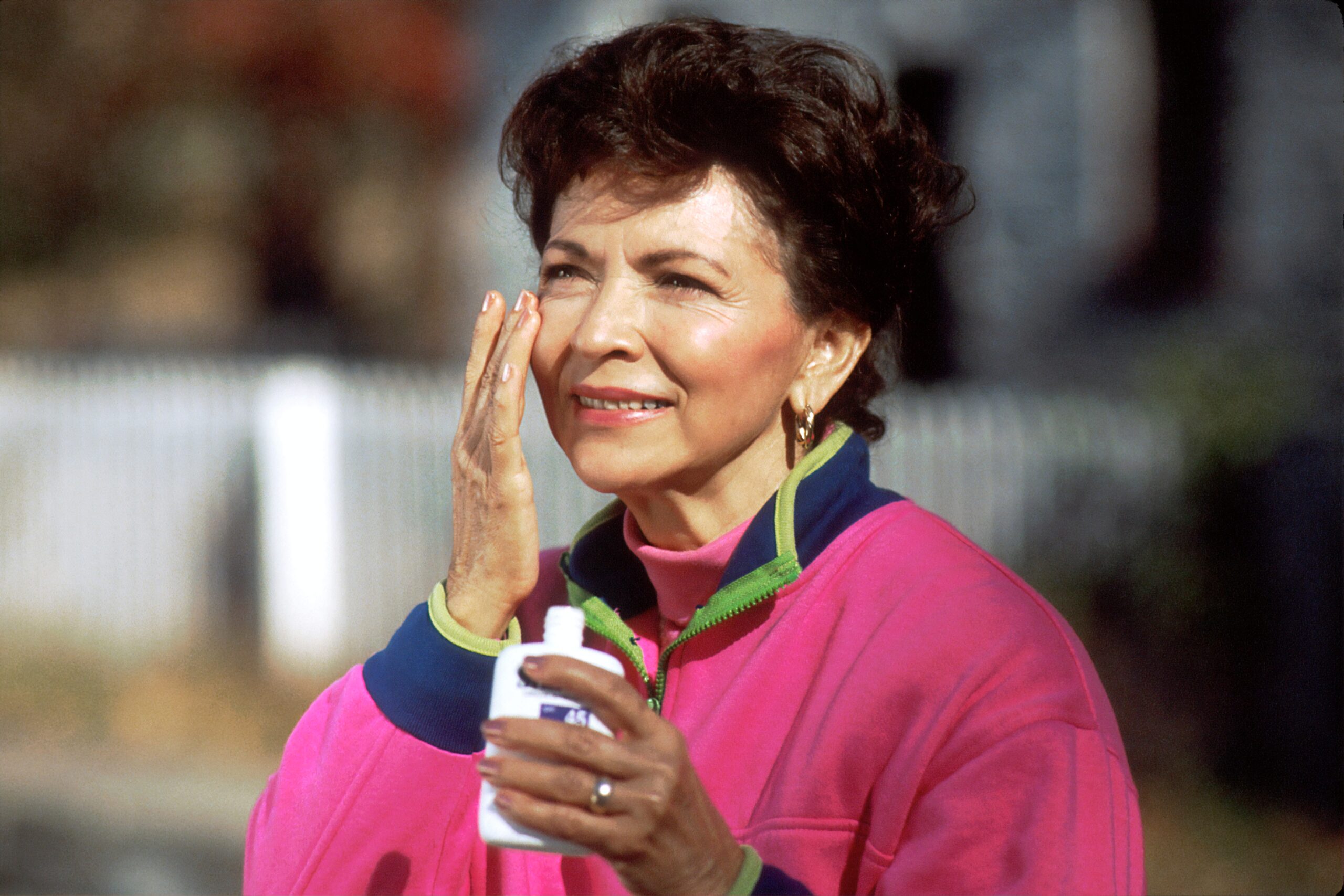
HEALTH EDUCATION
06/19/2023WEAR SUNBLOCK EVERYDAY
For day-to-day use, pick a sunscreen with an SPF of at least 30. If you spend time outdoors, choose a product with SPF 60 or greater. When used egularly, sunscreen helps prevent sunburn, skin cancer and premature aging.
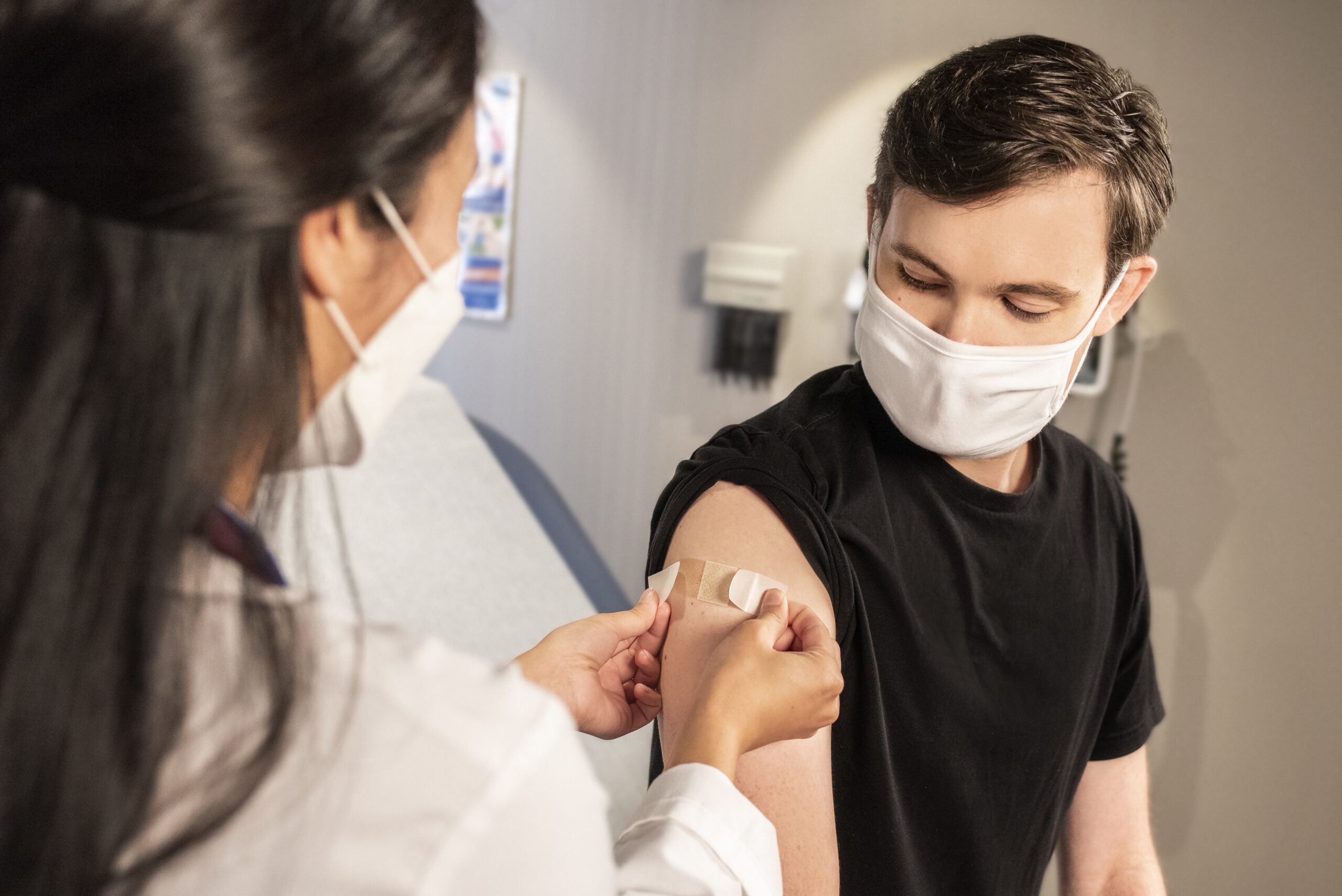
COMMUNICABLE DISEASE
06/12/2023UPDATE YOUR VACCINES
Tdap vaccine can prevent tetanus, diphtheria, and pertussis. Adults should get a booster shot of Tdap every 10 years, or after 5 years in the case of a severe or dirty wound or burn. Children aged 11 or 12 years old should receive a single dose of Tdap.
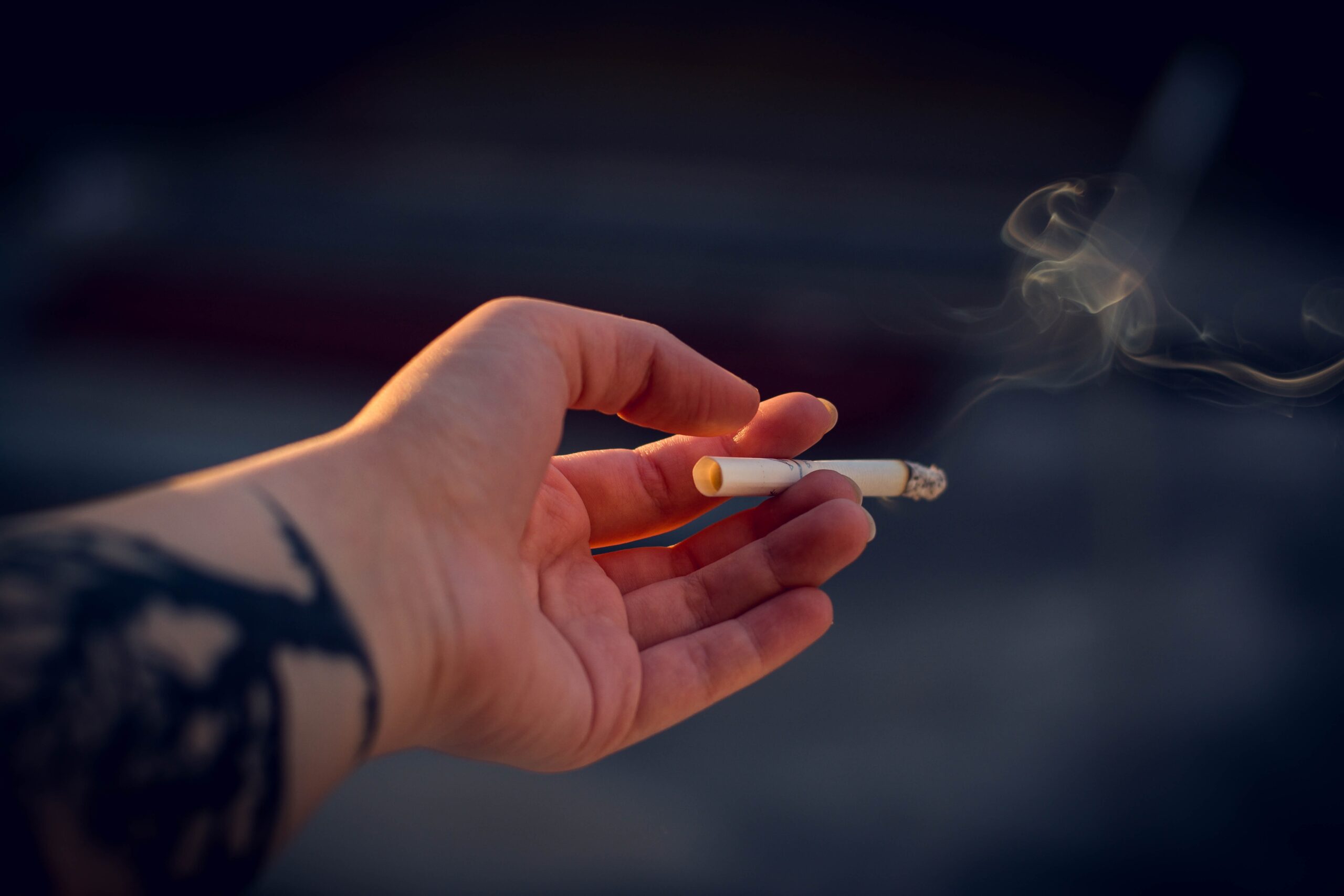
CHRONIC DISEASE
06/05/2023SMOKING IS THE #1 CAUSE OF COPD
Chronic obstructive pulmonary disease (COPD), refers to a group of diseases that cause airflow blockage and breathing-related problems. 16 million Americans are affected by and have difficulyu breathing due to COPD.

HEALTH EDUCATION
05/29/2023MANAGE STRESS WITH SELF-CARE ROUTINES
Take time to do things that help you live well and improve both your physical health and mental health. When it comes to your mental health, self-care can help you manage stress, lower your risk of illness, and increase your energy.

EMERGENCY PREPAREDNESS
05/22/2023SWIM NEAR A LIFEGUARD
Swim near a lifeguard or don't swim at all! According to USLA statistics over a ten year period showed that the chance of drowning at a beach without lifeguard protection is almost five times as great as drowning at a beach with lifeguards.
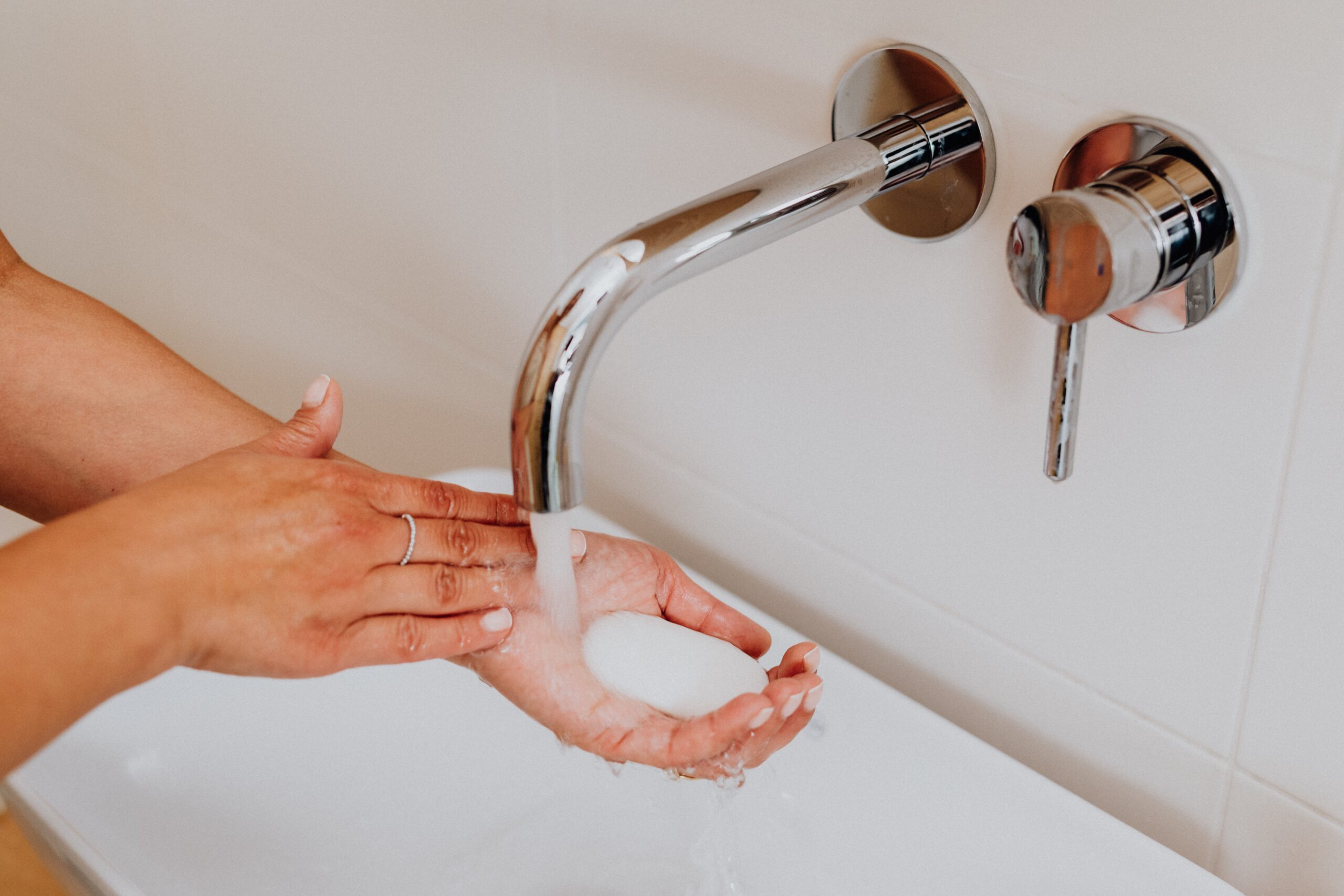
INFECTIOUS DISEASE
05/15/2023WASH YOUR HANDS REGULARY
Washing your hands with soap and warm water frequently for 30 seconds will help prevent the spread of germs and repiratory infections. Remember to always keep hands away from your eyes, nose and mouth.
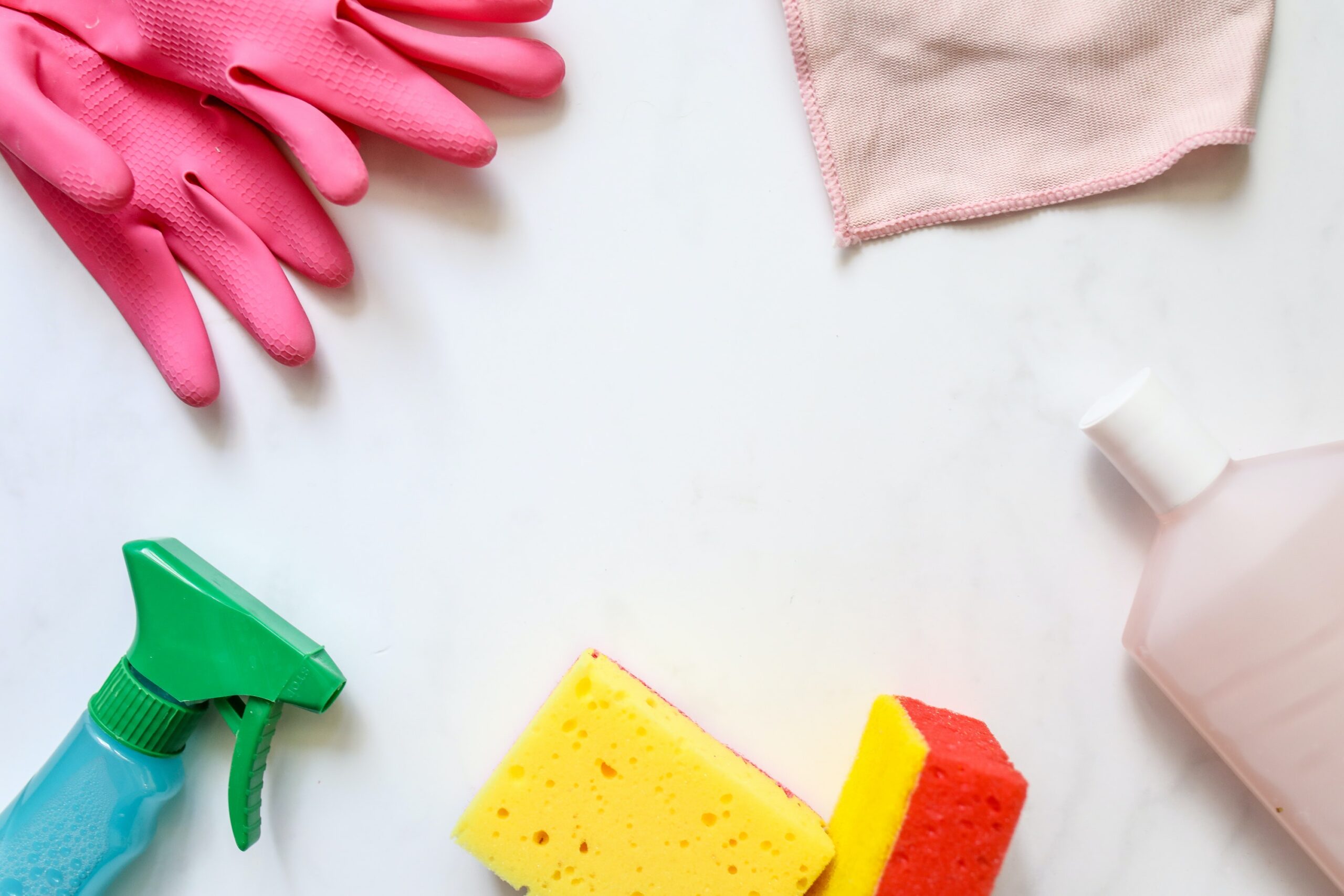
ENVIORNMENTAL HEALTH
05/08/2023USE NATURAL ALTERNATIVE CLEANING PRODUCTS
Everyday household products can contain hazardous chemicals. Over 1.5 million human poisonings are reported each year to poison control centers. Use baking soda and lemon juice instead.

DRUGS AND ALCOHOL
04/24/2023AVOID TEMPTATION AND PEER PRESSURE
It is important to remember, addiction is a disease. Do not fall for the phrase “everyone is doing it”. This is used to influence teenagers to consume alcohol and drugs so they are part of the crowd.

MATERNAL AND CHILD HEALTH
04/17/2023EAT HEALTHY AND TAKE PRENATAL VITAMINS
A healthy diet is the best way to get the vitamins and minerals you need. But during pregnancy you it may be difficult to consume many key nutrients. If you're pregnant or hoping to conceive, prenatal vitamins can help fill those gaps.

ENVIRONMENTAL HEALTH
07/15/2022STAYING SAFE IN THE SUN
Make sure to use these sun protection tips to beat the heat: stay hydrated, wear proper clothing, apply sunscreen frequently, talk to your doctor if you notice any changes in your skin, and teach your children good sun protection habits........

CHRONIC DISEASE
07/22/2022WHY GUT HEALTH MATTERS
An unhealthy gut affects our energy levels, weight, digestion and overall mental health. Improve your gut health this summer by consuming more fruits, vegetables, fiber-rich foods, and drink plenty of water.

COMMUNICABLE DISEASE
07/01/2022SUMMER WEATHER IS HERE
As we begin our summer, it is important to pay attention to the upcoming weather conditions to ensure you are dressed properly and prepared for changes in the season like storms or temperature drops to avoid catching a summer cold.

DRUGS AND ALCOHOL
07/08/2022CHECK IN WITH YOUR DOCTOR
A friendly reminder to check in with your doctor after being on certain medications for a long period of time. Ask questions, express your concerns, and communicate with your physician about healthy alternatives.

CHRONIC DISEASE
06/17/2022MENS MENTAL HEALTH MATTERS
Most men do not receive therapy or seek help because they are looked at as strong. Take time to speak with the men in your life and see how they are doing.

MATERNAL AND CHILD HEALTH
06/24/2022THE KIDS ARE OUT OF SCHOOL
School is out and most children receive their daily meals in school. There are many resources like SNAP, WIC, and food pantries to assist with those in need. Please reach out to your local offices for assistance.

MATERNAL AND CHILD HEALTH
06/16/2022ENROLL IN A BREASTFEEDING CLASS
Enroll yourself and your partner in a breastfeeding class to learn how to breastfeed and about the many benefits it has for mom and baby.

EMERGENCY PREPAREDNESS
06/03/2022ALWAYS CHECK THE FORCAST BEFORE HEADING OUTSIDE
Always check the local forecast on days you know you will be outside for extended periods of time. This will help you prepare for possible storms so you can stay safe and know when to seek shelter if needed.
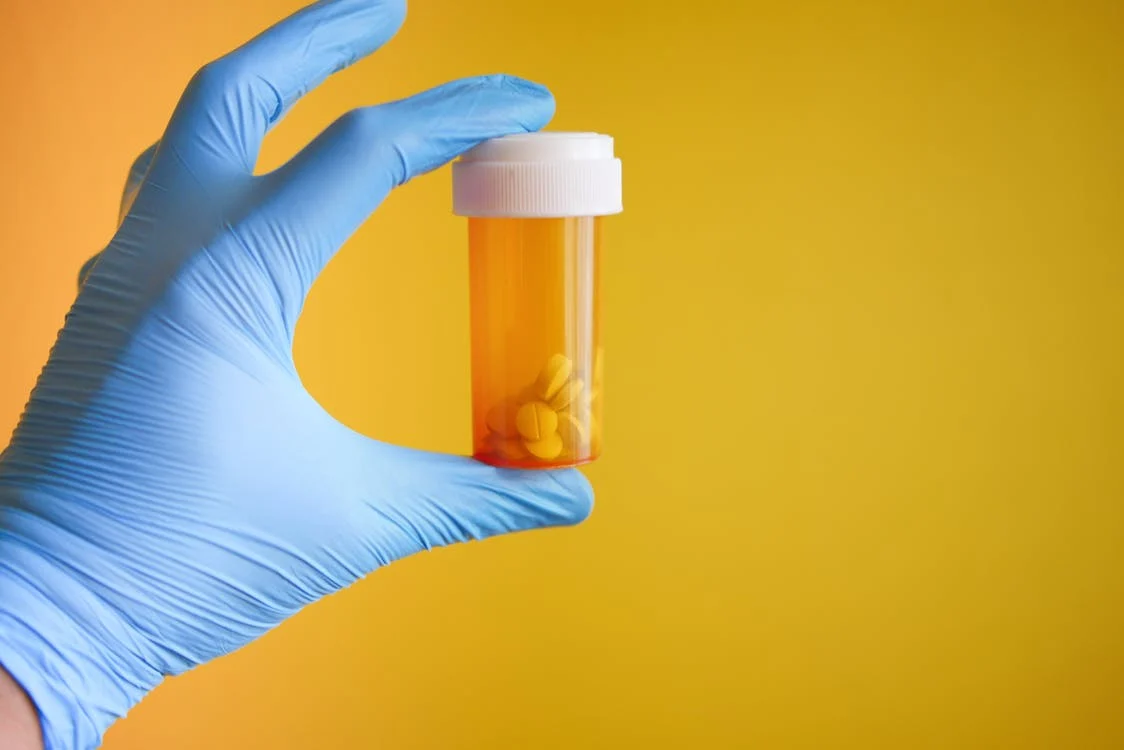
DRUG AND ALCOHOL
05/27/2022STORE MEDICATIONS SAFELY
Be sure to store medications in a cool dry place that is up and out of the reach of children. Heat, humidity, and a past due expiration dates may cause medications to weaken and become ineffective.

CHRONIC DISEASE
05/20/2022STOP MEDICAL DISTANCING
Staying 6 feet away from others is a safe precaution to avoid COVID-19, however healthcare providers are not someone you should distance from. Schedule an annual check up today to have important health screenings done.

ENVIRONMENTAL HEALTH
05/13/2022REPLACE HOUSEHOLD AIR FILTERS
Don't forget to replace household air filters while spring cleaning! Dust, dander, pollen, bacteria and mold can accumulate in household air filters and pose serious health risks over time.

MATERNAL AND CHILD HEALTH
05/06/2022PRACTICE SAFE SLEEP HABITS
Safe infant sleep reduces the risk of SIDS. It is important to room share, with baby in their own bassinet sleeper next to moms bed for babies first 6 months of life. Baby should always lay on their back with no extra blankets or toys in their sleep area.
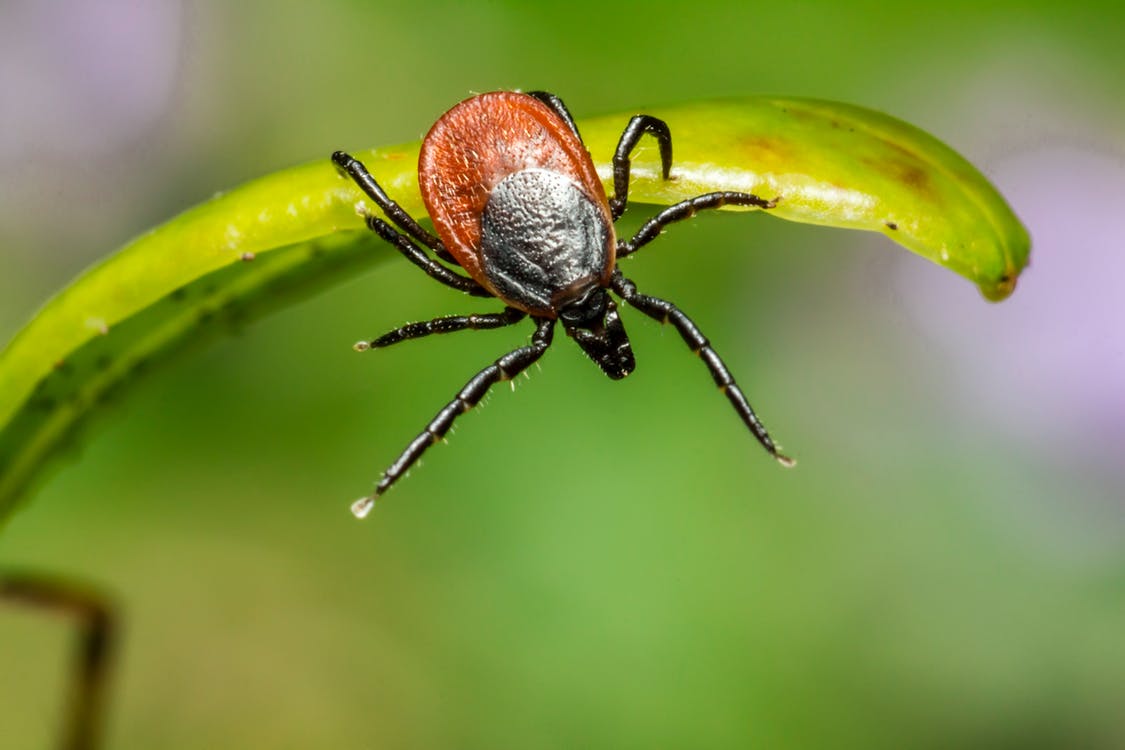
ENVIRONMENTAL HEALTH
04/22/2022DO A TICK CHECK
Check yourself and pets for ticks after being outdoors. Ticks love to hide in woodsy areas, but they can also be found in grassy fields or areas with a lot of brush.

CHRONIC DISEASE
04/15/2022RE-THINK YOUR DRINK
Choose water or low-sugar beverages in place of alcohol or high-sugar drinks to reduce calories and stay healthy.
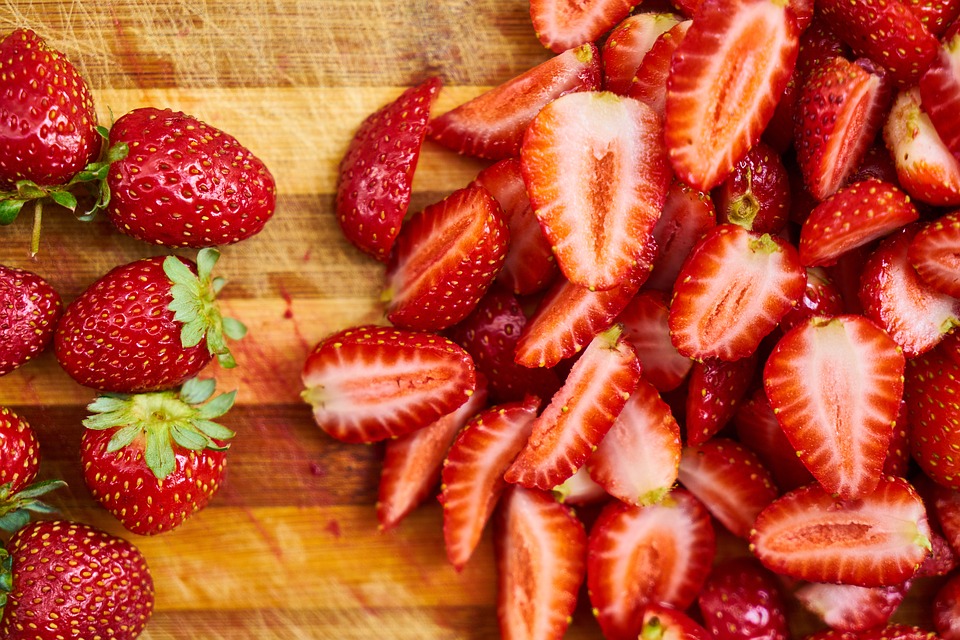
COMMUNICABLE DISEASE
04/08/2022WASH YOUR PRODUCE
Rinse all fruits and vegetables before eating to wash away chemicals and germs.

DRUG AND ALCOHOL
04/01/2022ABSTAIN FROM TRIGGERING SITUATIONS
If you struggle with drug or alcohol abuse it is important to avoid triggering situations. Plan to do an activity that does not include drugs or alcohol to limit the temptation.

ENVIRONMENTAL HEALTH
03/25/2022LEAVE YOUR CAR AT HOME
As the weather gets warmer,opt to walk more when you can or car-pool with family and friends. Less driving means less air pollution.
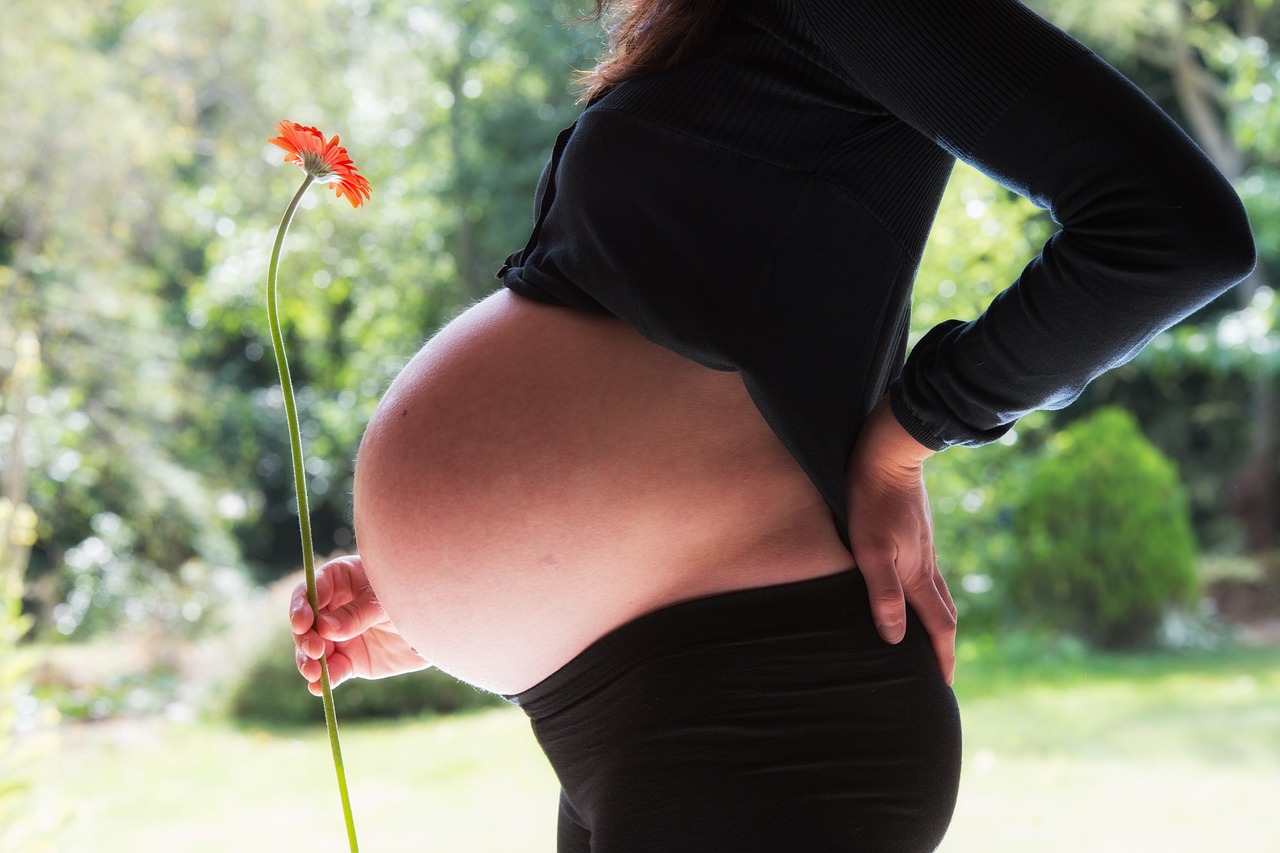
MATERNAL AND CHILD HEALTH
03/18/2022VOICE CONCERNS TO YOUR DOCTOR
No question is too silly. If you are concerned about anything during your pre or post-natal period, ask your OBGYN any questions you may have. Don’t delay, as you may be experiencing something that requires immediate medical attention.
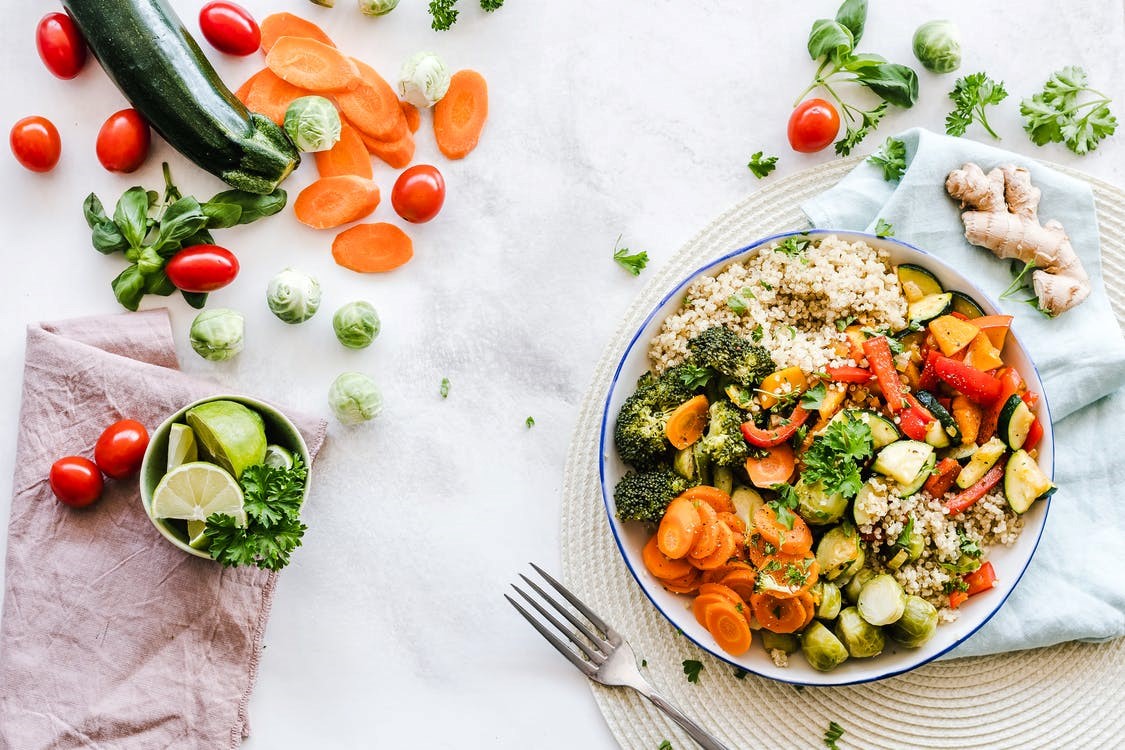
CHRONIC DISEASE
01/24/2022MAKE HEALTHY CHOICES
Making healthy choices in your daily life can help prevent chronic conditions such as high blood pressure and obesity among others. Choose nutritious foods, decide to exercise, take care of your mental health, and make overall healthy choices!

DRUG AND ALCOHOL
02/01/2022TAKE THE FIRST STEP
First comes a decision to change…then comes taking the first step towards change. Ask for help in taking this step by contacting the SAMHSA National Helpline: 1-800-662-4357.

COMMUNICABLE DISEASE
01/10/2022BOOST YOUR IMMUNE SYSTEM
To stay healthy this winter, give your immune system a boost to help it fight infections! Keep your immune system up by getting plenty of sleep, eating right and hydrating, taking vitamins, exercising regularly, and keeping stress levels low.

ENVIRONMENTAL
01/18/2022ICY CONDITIONS TIPS
Use caution when walking on icy surfaces – take small shuffled steps. Check tire tread and antifreeze levels in your vehicle. Stock shelf stable items in your pantry in case of bad snowstorms keeping you home for days at a time.

DRUG AND ALCOHOL
12/27/2021SET BOUNDARIES
During the holiday season, questions may be asked about your recovery and/or boundaries may be tested if someone offers you an alcoholic drink. Consider rehearsing responses to these situations to be prepared and have set boundaries before heading to an event.

EMERGENCY PREPAREDNESS
01/05/2022INSTALL A GENERATOR
Individuals who rely on electricity to keep their at-home oxygen flowing or the temperature of their medicine properly regulated should seriously consider the benefits of a backup source of power in the event of a power outage.

ENVIRONMENTAL
11/29/2021HOLIDAY TRAVEL TIPS
The holiday season brings travel plans for many. Travel safely by informing a friend/relative of your route and expected time of arrival. If stranded in your vehicle, ensure you are highly visible, keep warm, and stay awake/moving.

MATERNAL AND CHILD HEALTH
12/13/2021TRAVEL SAFELY
Avoid air travel in the early and late stages of pregnancy. Talk to your doctor about the safest times and methods of travel while pregnant.
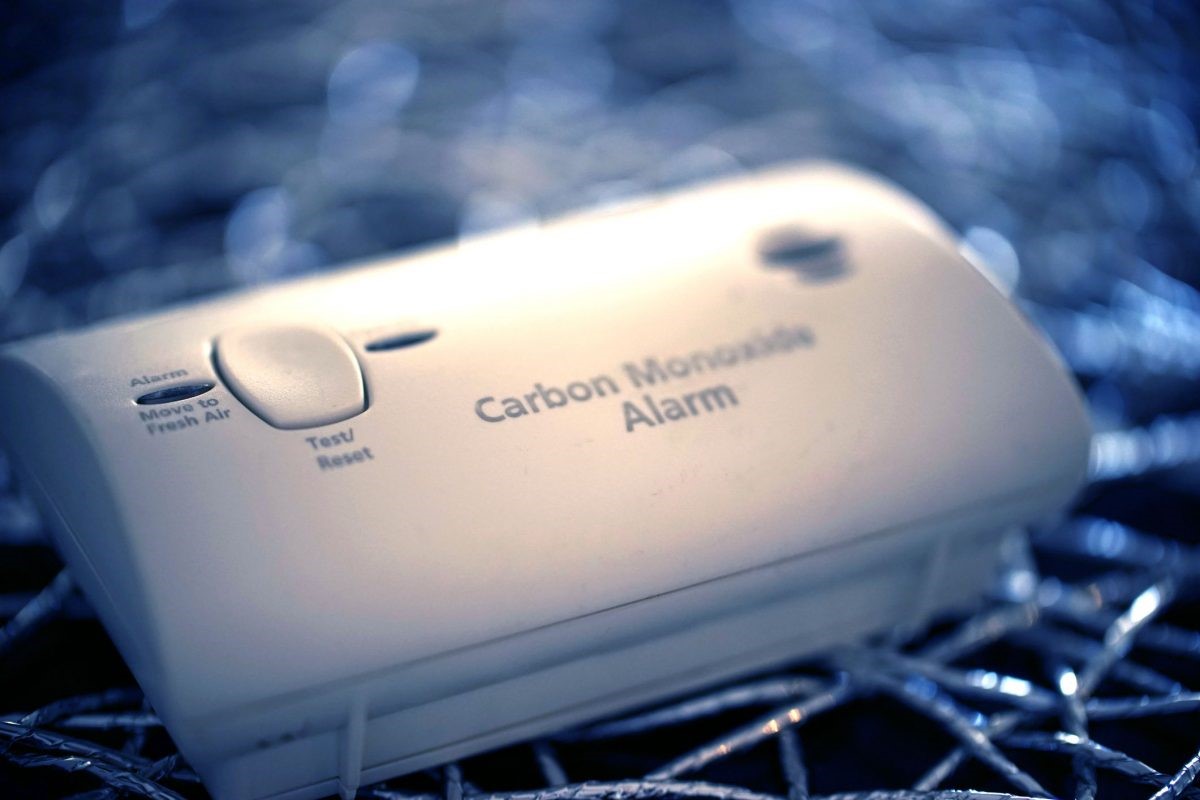
EMERGENCY PREPAREDNESS
11/15/2021CHECK CARBON MONOXIDE DETECTORS
Carbon monoxide (CO) is a colorless, odorless gas known as the “invisible killer”, undetectable by human senses. Having a properly functioning CO detector is essential! Check CO detectors are properly functioning each month by pressing the test button for a few seconds.

COMMUNICABLE DISEASE
11/22/2021AVOID ILLNESS
Cold weather does not cause illness, but being gathered indoors more often helps germs to spread more easily. Avoid contracting and spreading illness by staying home when sick, covering coughs and sneezes, and seeking medical attention when needed.

CHRONIC DISEASE
11/01/2021KNOW ASTHMA CAUSES
Individuals with asthma should know their triggers and try to avoid them if possible. For some people, strong scents, cold weather, or smoke may be a trigger. Keep a journal and note any new asthma causes.

DRUG AND ALCOHOL
11/08/2021KNOW YOUR TRIGGERS
If you are struggling with addiction or newly recovered, know your triggers to avoid relapse. Stress, environmental factors, and certain people may be triggers. During the holidays, be intentional in which invitations you accept to help avoid your triggers.

ENVIRONMENTAL
10/18/2021AVOID CONSUMING WILD MUSHROOMS
Foraging for wild mushrooms is a tricky activity to master. Each year about 1,400 emergency department visits are due to accidental mushroom poisoning. It is critical to ensure mushrooms are not poisonous prior to consuming them by checking with an expert.
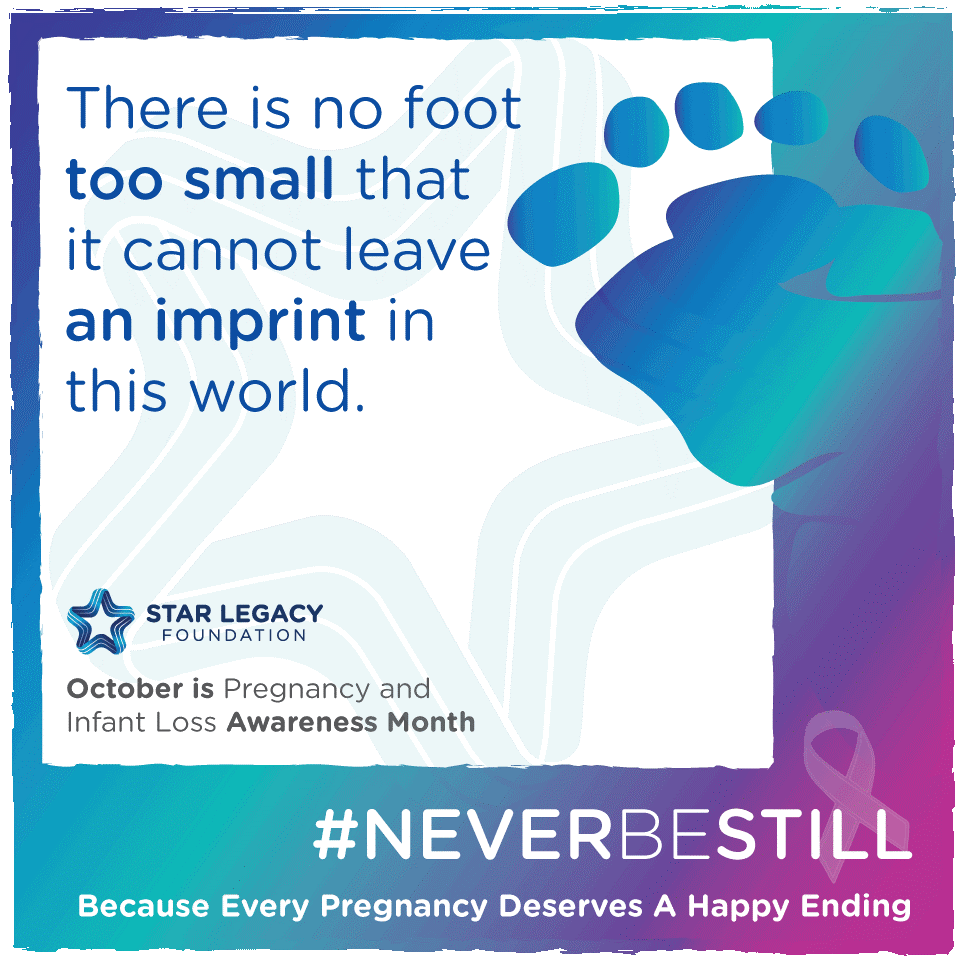
MATERNAL AND CHILD HEALTH
10/25/2021PREGNANCY AND INFANT LOSS AWARENESS MONTH
Support friends and family who have experienced loss of pregnancy or an infant. Assist them in finding support or counseling if needed, and help to spread awareness of pregnancy and infant loss to reduce the incidence of these tragedies.

EMERGENCY PREPAREDNESS
09/27/2021SHELTER SAFELY FROM STORMS
If possible, go indoors and avoid water, electronics, windows/doors, porches, and concrete. If outside with no shelter, get off of elevated areas (hills/mountains). Never lie under an isolated tree. Stay away from objects that conduct electricity.

COMMUNICABLE DISEASE
10/04/2021COVID-19 VACCINES
Visit the CDC website to stay updated on COVID-19 vaccine recommendations, including those for additional doses. Click here to find COVID-19 vaccine information.

CHRONIC DISEASE
09/13/2021REDUCE ALCOHOL CONSUMPTION
Excessive alcohol use can lead to the development of chronic diseases including high blood pressure, heart disease, stroke, liver disease, and some cancers. Avoid excessive and/or binge drinking – if consuming alcohol, do so in moderation.

DRUG AND ALCOHOL
09/20/2021IF CONSUMING ALCOHOL – BE RESPONSIBLE
It is best to not consume alcohol at all, but if you are planning to you should do so responsibly. Know your limit and plan ahead – appoint a designated driver. Eat food before and while you drink. Never accept a drink from a stranger.
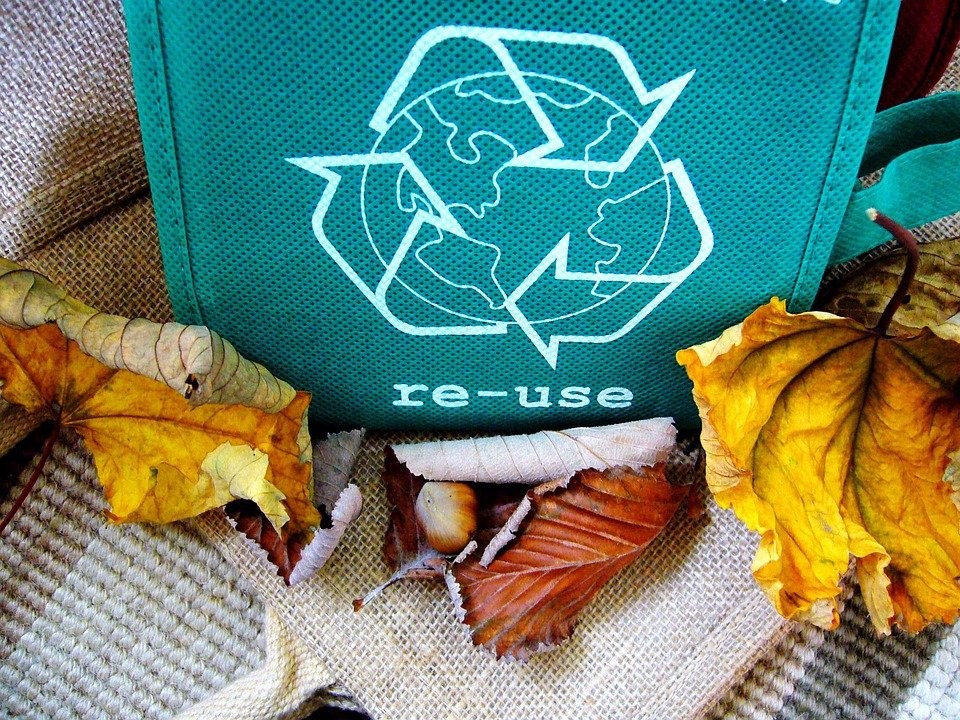
ENVIRONMENTAL
08/23/2021REDUCE, REUSE, RECYCLE
Reusable water bottles, tote bags, etc. make it easy to be environmentally friendly! Reduce waste - turn off water and electric when not in use. Always recycle when possible.
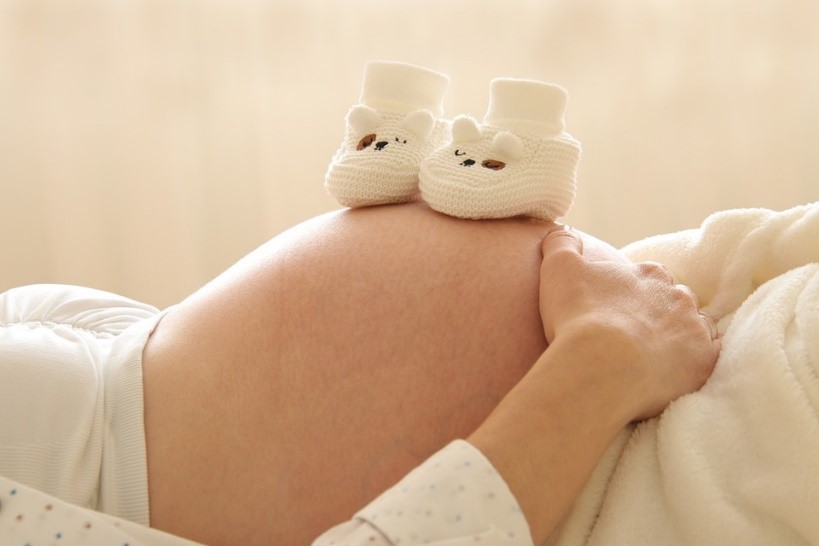
MATERNAL AND CHILD HEALTH
08/30/2021PREPARE AHEAD OF TIME
Prepare before your baby arrives: tour birth facilities, pack a delivery day bag, take a pregnancy class, and maybe even babysit a friend’s baby for some real world experience!

EMERGENCY PREPAREDNESS
08/09/2021HEED TORNADO WARNINGS
When severe weather hits, tune in and pay attention to EAS, NOAA Weather Radio, or local alert systems for current emergency information and instructions. If tornado warnings are issued, be prepared to move to a safe location with family and pets.

COMMUNICABLE DISEASE
08/16/2021BE AWARE OF INSECT BITES
Some blood-sucking insects such as ticks and mosquitos can infect humans with diseases. Know the risk of vector-borne disease in your area, and report new onset of symptoms following an insect bite to your doctor.

CHRONIC DISEASE
07/26/2021KNOW YOUR FAMILY HISTORY
If your family has a history of a chronic disease, you could be at risk of developing that disease yourself. Know and share your family health history with your doctor to take preventative steps to reduce your risk of chronic disease or catch it early if it develops.

DRUG AND ALCOHOL
08/02/2021DO NOT DRINK AND DRIVE
If you are expecting to drink alcohol when going out, plan ahead and have a designated driver or arrange for safe transportation. Do not let what may start as a fun night out end with disaster – DO NOT DRINK AND DRIVE.
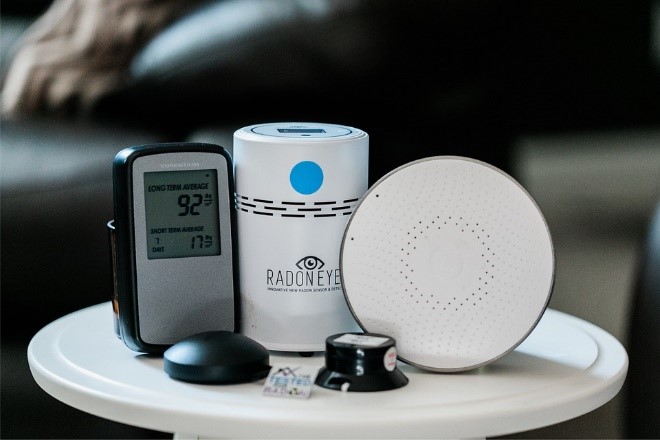
ENVIRONMENTAL
07/12/2021TEST HOMES FOR RADON
Did you know that radon is the leading cause of lung cancer deaths among non-smokers? Testing your home for radon is easy and inexpensive. Don’t wait – get your home tested.

MATERNAL AND CHILD HEALTH
07/19/2021VEGAN/VEGETARIAN & B12
Vegan or vegetarian women may have limited vitamin B12, risking B12 deficiency in their infants. This can result in neurological damage in infants. Talk to your doctor about Vitamin B12 supplementation during pregnancy/while breastfeeding.
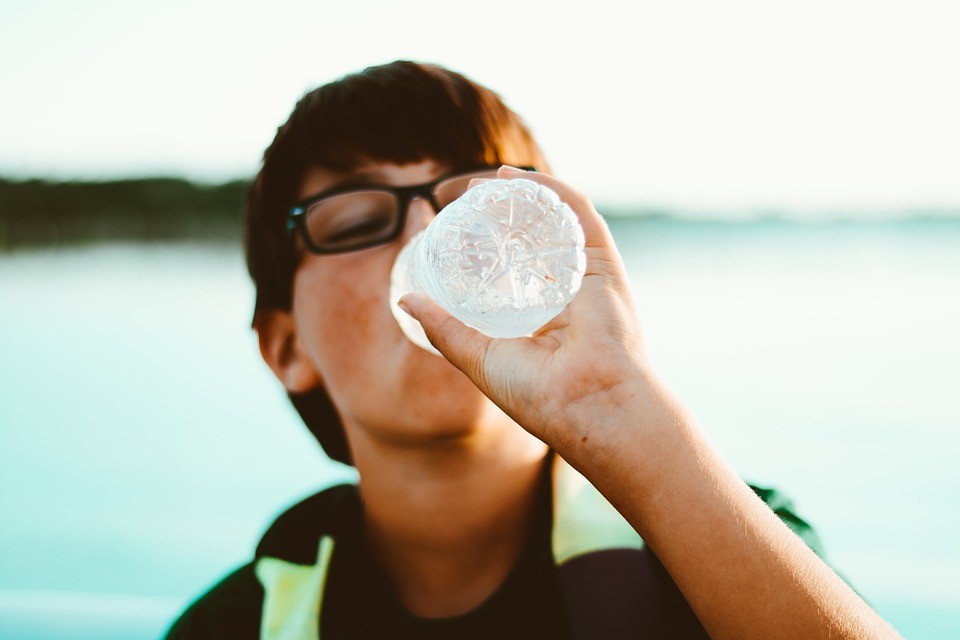
EMERGENCY PREPAREDNESS
06/08/2021STAY HYDRATED
Summer heat is here. It is important to properly hydrate by drinking plenty of fluids. Help children to stay hydrated. Ensure pets have access to water. Be on the lookout for heat related medical emergencies.

COMMUNICABLE DISEASE
06/21/2021BBQ Safely
Summer is the season for barbeques, but be cautious to cook meat properly; utilizing a meat thermometer is the best way to ensure meat is cooked thoroughly. If meat is undercooked, bacteria may be present and cause illness. Click here for a list of safe food temperatures!

CHRONIC DISEASE
05/24/2021SEEK COUNSELING
It can be stressful to manage chronic illness. Taking medications, coping with symptoms, and keeping a sense of normalcy in your daily routine can be difficult. If you feel overwhelmed or anxious, seek support or counseling.

DRUG AND ALCOHOL
06/01/2021GET NALOXONE TRAINING
Be prepared in the case of an emergency. Find Naloxone (Narcan) training opportunities near you to help save a life. Training is available for individuals at risk of an overdose as well as their family, friends, and loved ones.

ENVIRONMENTAL
05/11/2021WALK OR RIDE A BIKE
Walking or riding a bike as a form of transportation is an easy way to get exercise and help the environment! Consider using these methods of transportation to reduce your carbon footprint.

MATERNAL AND CHILD HEALTH
05/17/2021AVOID CERTAIN FOODS
Foods like soft cheeses, deli meat, and others have the potential to be contaminated with bacteria that are especially dangerous during pregnancy. Speak with your OBGYN or primary doctor about foods to avoid while pregnant and/or breastfeeding.
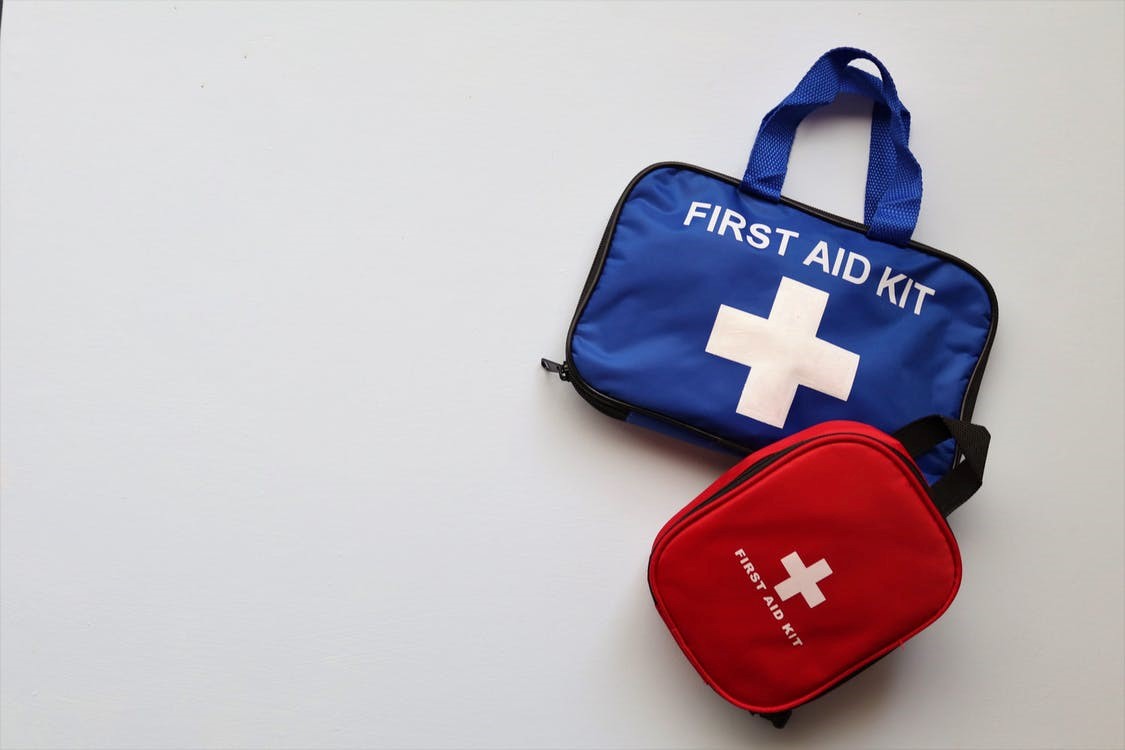
EMERGENCY PREPAREDNESS
04/26/2021BE PREPARED
Prepare for disaster before it strikes. Check out our Disaster Tips Pamphlet to get started!

COMMUNICABLE DISEASE
05/03/2021AVOID TOUCHING WILD ANIMALS
Wild animals can carry germs that cause infectious diseases. Keep pets’ vaccinations up to date and if a wild animal bites you, reach out to your doctor for guidance.
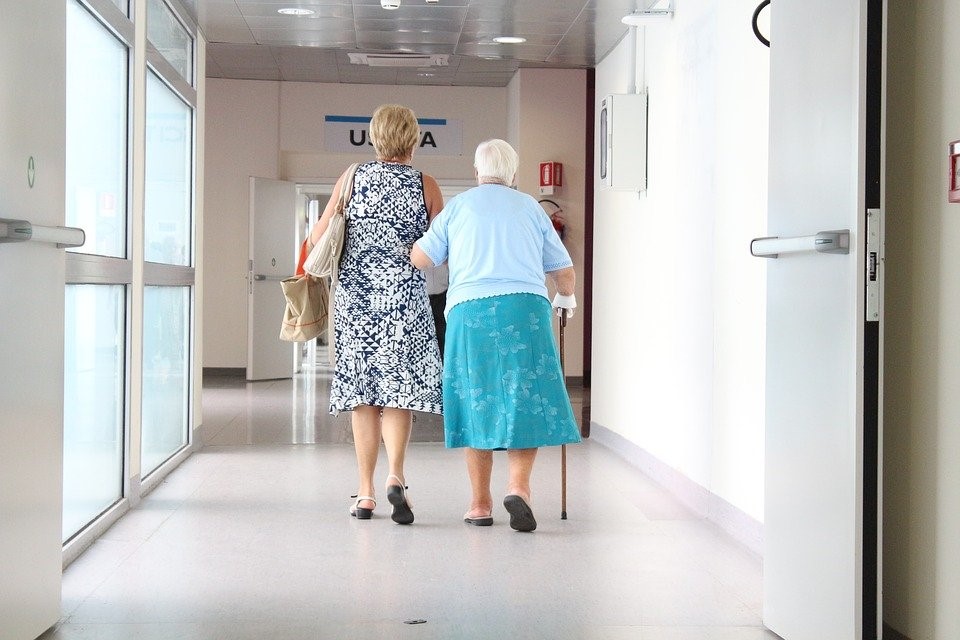
CHRONIC DISEASE
04/12/2021PREVENTATIVE CARE
Regular visits to your physician are imperative to prevent chronic diseases or detect them in their early stages. Ask your doctor about regular checkups and screening services that are appropriate for you.

DRUG AND ALCOHOL
04/19/2021ASK FOR HELP
SAMHSA is a free information service for individuals facing mental and/or substance use disorders. Find resources or call for helpful information while keeping your personal information confidential. 1-800-662-HELP (4357).

ENVIRONMENTAL
03/29/2021PLANT A GARDEN
Gardening is a great way to be healthy and help the environment while being fun for the family! Tending to a garden helps us exercise, and growing your own produce may help reduce your carbon footprint.

MATERNAL AND CHILD HEALTH
04/05/2021PREPARE FOR PREGNANCY
Folic acid is a B vitamin which can help prevent major birth defects of a baby’s brain and spine if taken in proper amounts at least 1 month before and during pregnancy. If you are trying to become pregnant, ask your doctor about vitamins for before/during pregnancy.

EMERGENCY PREPAREDNESS
03/08/2021TURN AROUND, DON’T DROWN
Floods are the most common natural disaster in the country. Find safe shelter immediately if under a flood warning. Do not walk, swim, or drive through floodwaters. Turn Around, Don’t Drown.
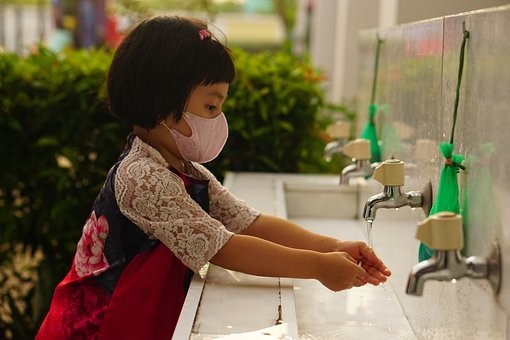
COMMUNICABLE DISEASE
03/15/2021STAY VIGILANT
With warmer weather on the horizon, some habits formed to fend off colds, flu, and COVID-19 may falter. Continue to wear a mask, wash hands, cover coughs/sneezes, and disinfect surfaces to protect yourself and others from getting sick.

CHRONIC DISEASE
02/08/2021EATING RIGHT IS KEY
Eating a heathy diet is key to a healthy lifestyle. It helps to prevent, delay, and manage chronic diseases such as heart disease and type 2 diabetes among others. Check out the MyPlate site to learn about eating a balanced diet.

DRUG AND ALCOHOL
02/22/2021BE AWARE OF TEEN DRINKING
It is important for parents to be good role models as well as provide support and be involved in their children’s lives. Be aware of factors that may increase the risk of alcohol use such as emotional problems, social issues, or significant transitions in a child’s life.

ENVIRONMENTAL
01/25/2021SMART, SAFE BONFIRES
A bonfire is great family fun during the winter. However, burning certain materials could cause air pollution or potential health issues. Never burn cardboard, treated wood, construction or demolition debris, plastics, or metal among other materials to protect yourself and neighbors.

MATERNAL AND CHILD HEALTH
02/01/2021KEEPING KIDS HEALTHY
Keeping children healthy during cold and flu season is not always easy. Teach children to wash their hands often, cough/sneeze into their elbow, and not share food/drinks with friends. A healthy diet and regular sleep schedule also help boost immune systems.
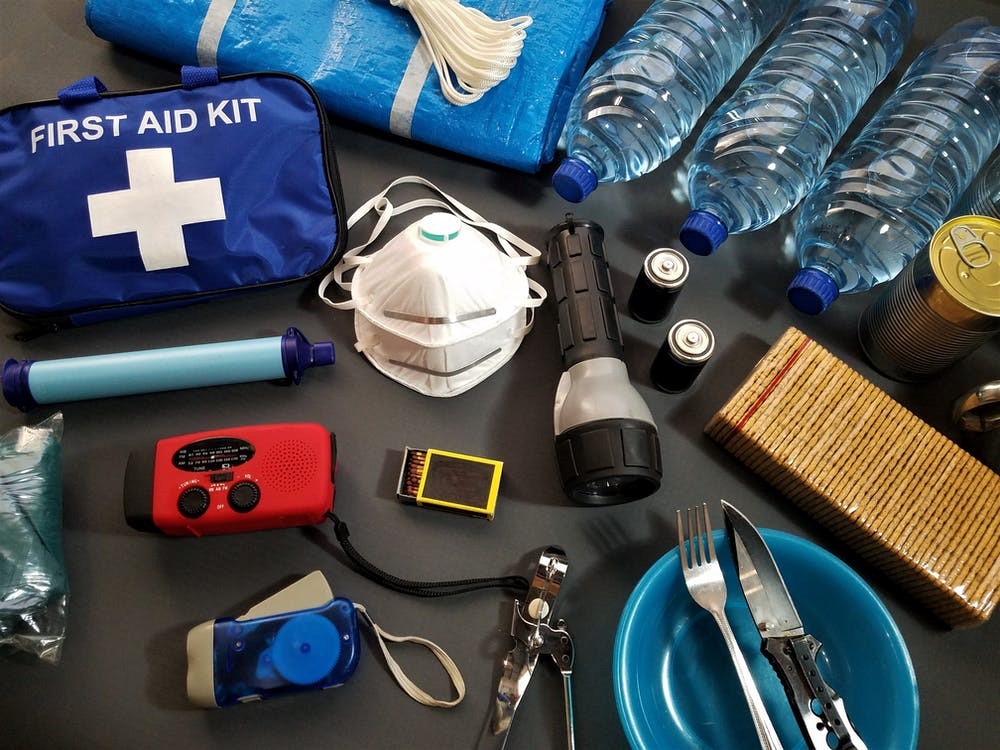
EMERGENCY PREPAREDNESS
01/04/2021WINTER EMERGENCY KIT
Keep seasonal emergency supplies in your vehicle to be prepared in all situations. Some items to include: flashlight (and extra batteries), first-aid kit, non-perishable food, water, blankets, extra clothing, a shovel, tool kit, and booster cables among others.

COMMUNICABLE DISEASE
01/11/2021COVID-19 VACCINE
The COVID-19 Vaccine is currently being distributed according to the state’s eligibility phases. For eligibility and general information, please visit: https://covid19.nj.gov/pages/vaccine. If you qualify to be vaccinated, schedule an appointment at https://www.ochd.org/.

CHRONIC DISEASE
12/21/2020BE ACTIVE
Take time to be active each day. Not being active enough can contribute to heart disease, type 2 diabetes, some cancers, and obesity. Take small steps to be more active, such as walking with a friend or pet, riding a bike, doing yoga, etc.

DRUG AND ALCOHOL
12/28/2020ABSTAIN FROM DRUGS AND ALCOHOL DURING PREGNANCY
The risk of still birth is potentially doubled or even tripled in women who use drugs during pregnancy. This includes smoking tobacco or marijuana, taking prescription pain relievers, or using illegal drugs. For help quitting call: 1-800-662-HELP (4357) or TTY 1-800-487-4889

ENVIRONMENTAL HEALTH
12/07/2020WINTERIZE YOUR HOME
As colder weather sets in, prepare your home to withstand the winter. Winterize your home (insulate, clean gutters, install storm windows), have your heating system serviced by a knowledgeable professional, and ensure your smoke detectors and carbon monoxide (CO) alarms are properly installed and working.

MATERNAL AND CHILD HEALTH
12/14/2020PRETERM BIRTH
There are many causes of preterm birth, and they are not always preventable. Some steps to take to reduce the risk of preterm birth and to improve a mother’s general health are as follows: quit smoking, avoid alcohol and drugs, and get prenatal care at the beginning and throughout the pregnancy.

EMERGENCY PREPAREDNESS
11/23/2020THANKSGIVING TIPS
Thanksgiving is the peak day for home cooking fires – when cooking, never leave the stove/oven unattended. Keep children away from hot surfaces and hot foods and liquids. Turn handles of pots/pans toward the back of the stove so nobody can bump them or tip them over. Ensure your smoke alarms are in working order by pushing the test button.

COMMUNICABLE DISEASE
11/30/2020STAY UPDATED ON COVID-19
The situation with the novel coronavirus, also known as COVID-19, has continuously changed as more information is known about this disease. Stay updated with reliable information by visiting the OCHD website at https://www.ochd.org/ or https://covid19.nj.gov/.

MATERNAL AND CHILD HEALTH
11/09/2020GESTATIONAL DIABETES
Gestational diabetes is a form of diabetes diagnosed during pregnancy in women who did not have diabetes before they became pregnant. This form of diabetes usually shows up mid-pregnancy, and can be controlled with a healthy diet and regular exercise.

CHRONIC DISEASE
11/16/2020EPILEPSY
Epilepsy is a neurological disorder that results in seizures/periods of unusual behavior, sensations, and possibly loss of awareness. This disorder effects people of all ages, races, and ethnicities. It is typically diagnosed if a person has had two or more seizures, and can be caused by many different conditions.

COMMUNICABLE DISEASE
10/26/2020FLU ENDS WITH U
Get your flu shot! They are widely available, and even offered through OCHD clinics. Visit our website or call 732-341-9700 Ext. 7411 for more information!

ENVIRONMENTAL
11/02/2020MOLD
Mold can have harmful health effects. If you see or smell mold in your home, you should remove it. To remove mold from hard surfaces, use household products, soap and water, or a solution of household laundry bleach (no more than 1 cup) in 1 gallon of water.

CHRONIC DISEASE
10/13/2020OSTEOPOROSIS
Osteoporosis causes bones to become weak and brittle, and symptoms usually appear in the later stages of bone loss. Prevention includes keeping your bones healthy through proper nutrition (getting enough protein, calcium, and vitamin D), regular exercise, and keeping an appropriate body weight.

EMERGENCY PREPAREDNESS
10/19/2020PLANNING WITH PETS
Have any furry friends? In case you and your pet are separated in an emergency, be sure to they have an ID tag with your name and up-to-date contact information on it. Keep their microchip registration updated too!

MATERNAL AND CHID HEALTH
9/28/2020NATIONAL MAMMOGRAPHY DAY 10/18
Don’t wait until it’s too late – get regular mammograms to detect early signs of breast cancer, up to three years before it can be felt! Worried about the cost? Visit https://www.cdc.gov/cancer/nbccedp/screenings.htm to see if you qualify for free or low cost screenings.

DRUG AND ALCOHOL
10/06/2020MENTAL ILLNESS AWARENESS WEEK 10/4-10/10
About 1 in 4 U.S. adults has a behavioral health condition, and this population consumes close to 40% of all cigarettes smoked by adults. If you or someone you love needs help with mental and/or substance use disorders, call SAMHSA’s National Helpline (English/Spanish): 1-800-662-HELP (4357) or TTY: 1-800-487-4889

COMMUNICABLE DISEASE
9/14/2020HAND FOOT AND MOUTH DISEASE
This virus typically causes mild illness, and outbreaks can occur frequently among groups of children (childcare/preschool settings). Symptoms include small blisters in the mouth, on the hands (palm and fingers), on the buttocks, and soles of the feet. Adults may also be infected.
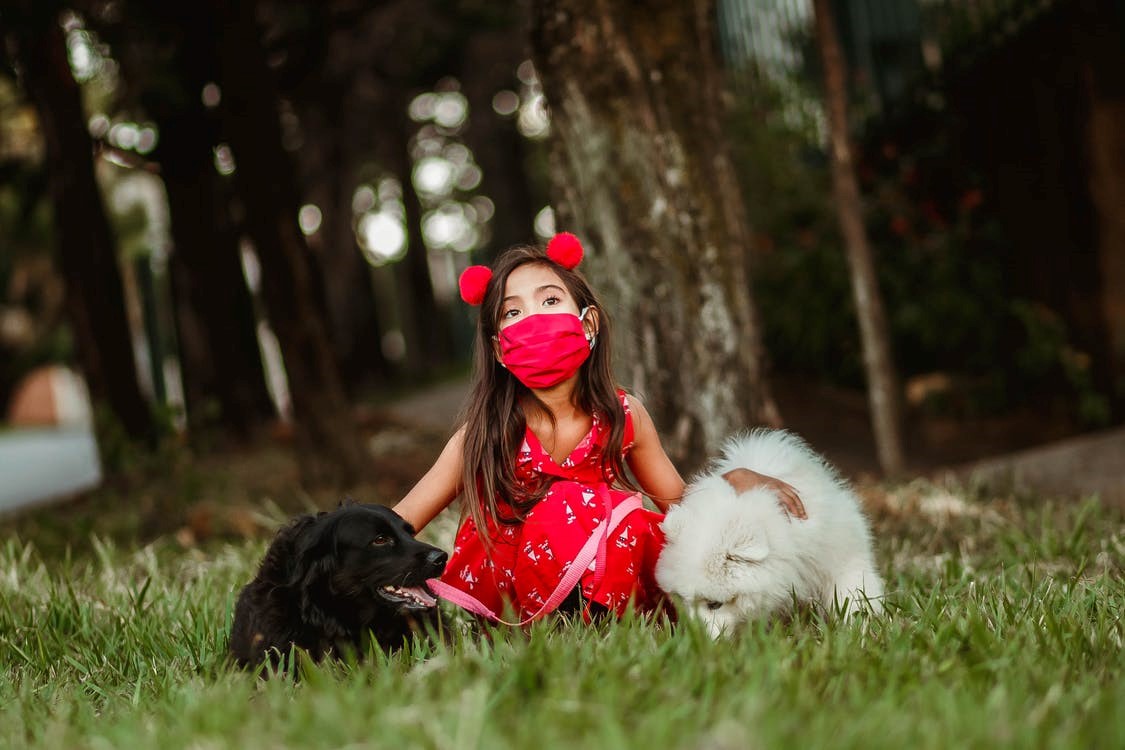
ENVIRONMENTAL
9/21/2020WEAR REUSABLE MASKS
Instead of using disposable masks for work and sending the kids to school, invest in reusable masks that can be washed after each use. Or, instead of buying them, make your own at home for a fun craft project!
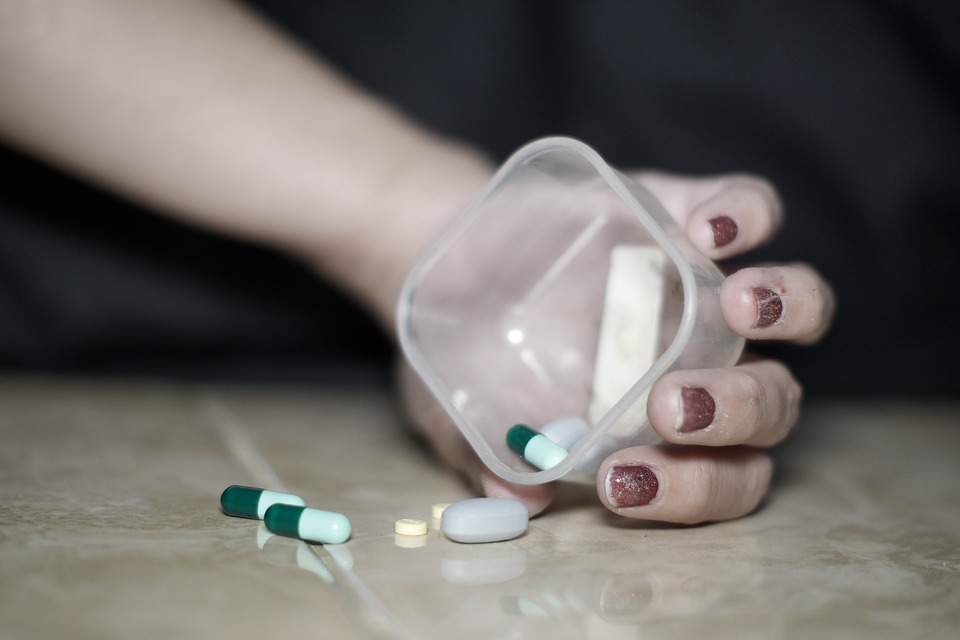
DRUG AND ALCOHOL
8/31/2020DO NOT SELF MEDICATE
The pandemic has affected all of us in some way, and can lead to a feeling of overwhelming stress. Coping can be difficult, but it is important to not turn to unhealthy coping mechanisms such as self-medicating with alcohol and/or drugs. Try healthy coping skills like exercising, writing, or talking to a friend/family member instead.
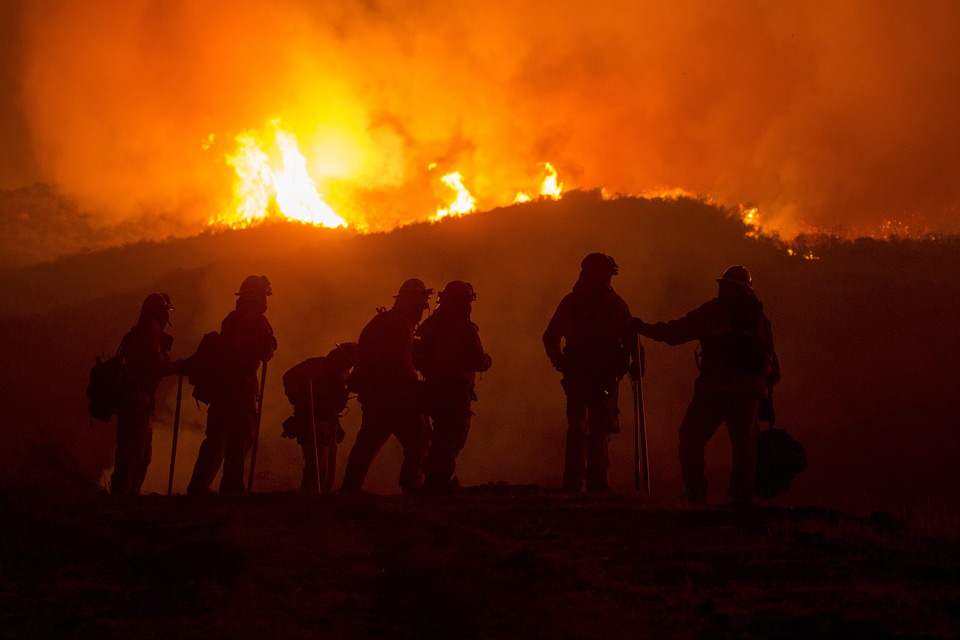
EMERGENCY PREPAREDNESS
8/31/2020BE PREPARED FOR A WILDFIRE
Prepare before an emergency such as a wildfire occurs – Safeguard important documents in a fire safe. Have emergency provisions on hand. Be ready to evacuate if there is a wildfire near your area, and know your evacuation routes. Sign up for your community’s warning system and listen to local officials.

MATERNAL AND CHILD HEALTH
8/17/2020BE STRESS FREE
It can be difficult to be stress free, but this is especially important for expecting mothers. Being too stressed can cause premature birth or having an underweight newborn. If you are feeling stressed or overwhelmed, seek help. Staying hydrated and getting plenty of rest can help reduce stress and keep you healthy too.

CHRONIC DISEASE
8/24/2020ALZHEIMER'S - KNOW THE SIGNS
Alzheimer's is among the top ten leading causes of death in the United States. Treatment options are available, but there is currently no cure for this disease. Consult a healthcare provider if you or someone you know exhibits signs of Alzheimer's:
- Memory loss
- Trouble with bills/money
- Misplacing things
- Changes in mood, personality, or behavior

COMMUNICABLE DISEASE
8/3/2020KEEP UPDATED ON RECALLS
Check local sources for updated recalls on food items in relation to communicable diseases. Some to watch out for include animal related diseases such as salmonella and e. coli. Always practice safe food handling and wash your hands as well as kitchen surfaces after handling raw meat or poultry products. Beware of cross contamination, and be sure to cook foods thoroughly to safe temperatures.

ENVIRONMENTAL
8/10/2020AIR QUALITY INDEX
Getting out and exercising regularly is great for your health! However, you should be aware of the air quality before you go for your regular run / walk / bike ride / etc. Check your local Air Quality Index (AQI) to see what the daily predictions of air pollution levels are. This will help you stay safe and healthy while being active!
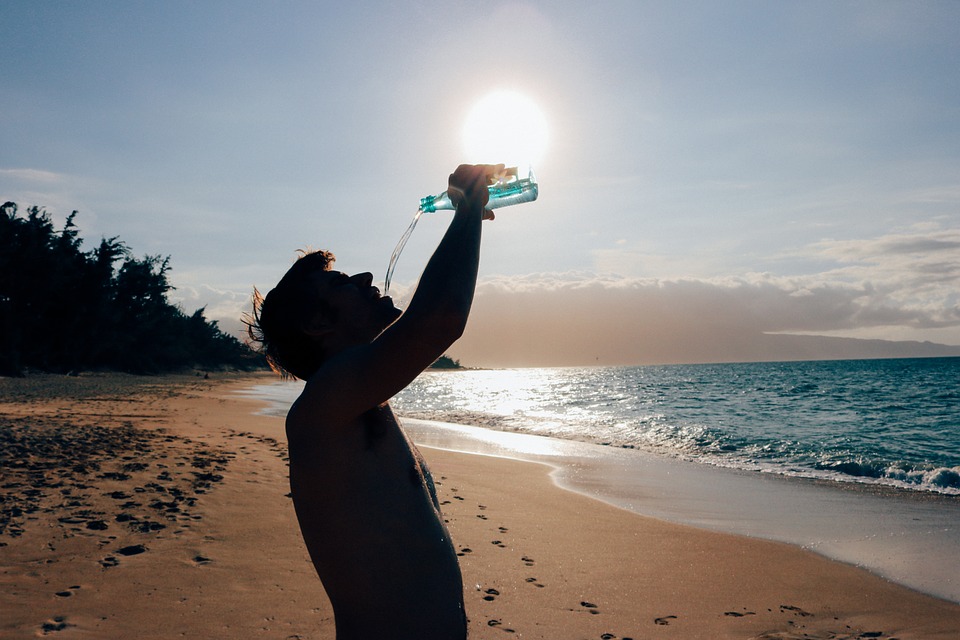
DRUG AND ALCOHOL
7/20/2020BEWARE OF DEHYDRATION
Summer heat puts us at risk of increased fluid loss through perspiration. Drinking alcohol results in frequent urination, which only increases the fluid loss even more. On hot summer days, be aware that alcohol consumption can add to the risk of dehydration and water is the best choice of beverage to stay hydrated.

EMERGENCY PREPAREDNESS
7/27/2020PREPARING FOR HURRICANE SEASON
Always have an emergency kit with food, water, medical supplies and other essentials. This year, include face masks, hand sanitizer and disinfectant if possible to stay prepared during the COVID-19 pandemic. Have an evacuation plan for your family and pets. Remember to check on your neighbors and always listen to the radio or local news for updates on local guidance.
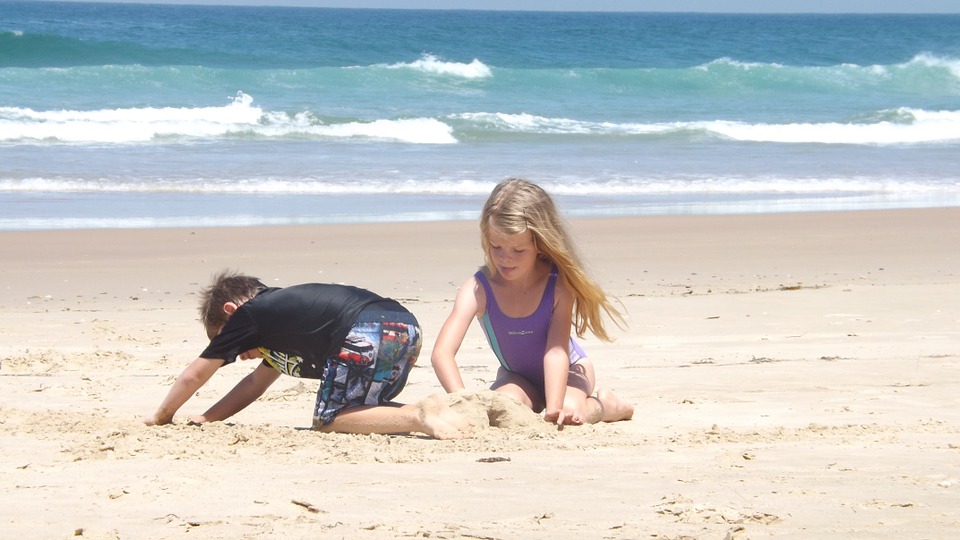
MATERNAL AND CHILD HEALTH
7/6/2020BEAT THE HEAT
Heat-related illness happens when the body’s temperature control system is overloaded. Infants and children up to 4 years of age are at greatest risk. Some tips to keep children cool are: Dress infants and children in loose, lightweight, light-colored clothing. Schedule outdoor activities carefully, for morning and evening hours. Stay cool with cool showers or baths.

CHRONIC DISEASE
7/13/2020SUMMER SAFETY
UV radiation from the sun isn’t just dangerous, it’s also sneaky. Not only can it cause premature aging and skin cancer, it reaches you even when you’re trying to avoid it. Seek the shade, especially between 10 AM and 4 PM. Avoid tanning, and never use UV tanning beds. Cover up with clothing, and UV-blocking sunglasses. Use a broad-spectrum (UVA/UVB) sunscreen with an SPF of 15 or higher every day.

COMMUNICABLE DISEASE
6/22/2020CROSS CONTAMINATION
Food poisoning peaks during summer months due to warmer temperatures, which can let foodborne germs thrive. Each year, 1 in 6 Americans get sick from eating contaminated food. For more information check out the CDC for food safety tips when grilling.

